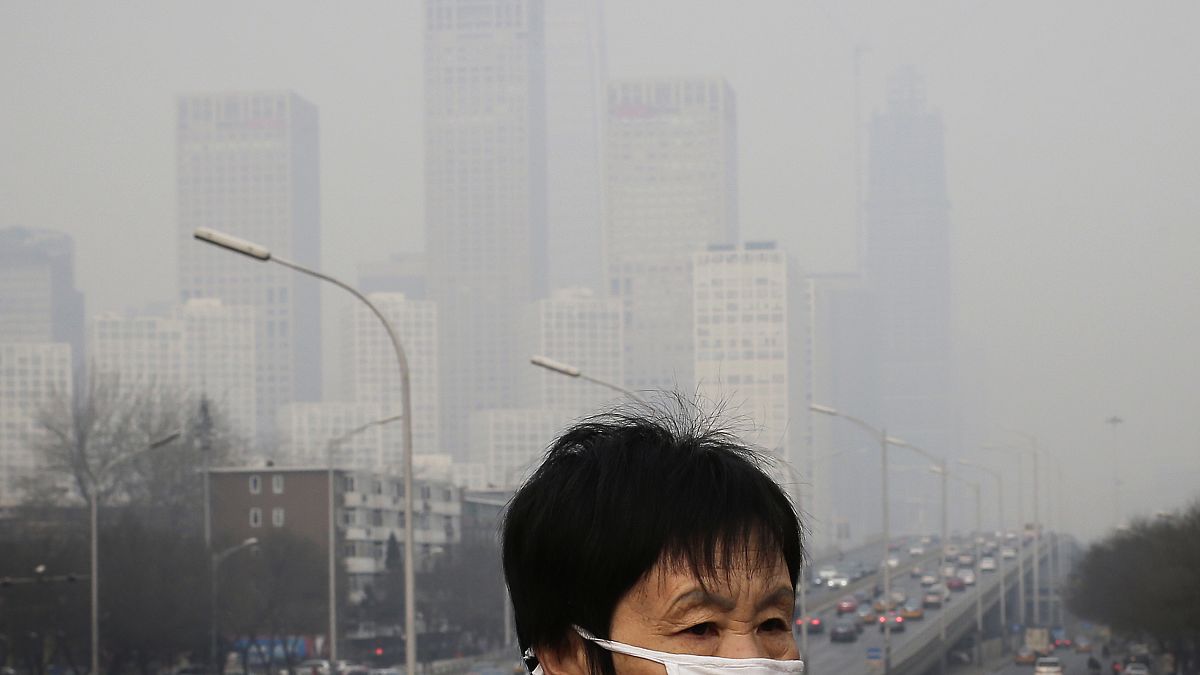With a third of the world's population living in lockdown pollution levels have plummeted, but experts say it will have little effect on the climate crisis.
No, dolphins are not frequenting the canals of Venice again.
But nature is responding to the fact that a third of the world's population is now living in lockdown in the face of the global COVID-19 pandemic.
More birds are singing in France, foxes are out in the UK, and deer are wandering into subway stations in Japan.
The most pronounced result, however, is the steep drop in pollution that's come along with so many people staying put and bringing countless planes, trains and automobiles to a halt.
Copernicus, the EU's climate monitoring service, has revealed that from mid-February to mid-March, nitrous dioxide levels over northern Italy were declining at a rate of about 10 per cent every week. The European Environment Agency confirmed that pollution in Milan was 21 per cent lower last week when compared to the same week in 2019. Similar trends have been observed in China.
"Air pollution, around cities that's coming from combustion — that's basically nitrogen dioxide, and that's what being measured and being seen in these maps you can see here," said Euronews' science, space and environment correspondent, Jeremy Wilks.
"That has clearly gone down. What they've done is they've taken maps from March 2019, compared them to March 2020, and they can see that there's a reduction because trucks and vehicles are not moving around, and emitting those particles into the atmosphere."
This is undoubtedly good news. The World Health Organization estimates that 4.6 million people die every year from causes directly attributable to air pollution, so any kind of reduction can have a human impact.
Unfortunately, while the downward spike could mean easier breathing and lessen health risks for millions around the world, it won't mean much for the planet itself, said Wilks. The quantities of greenhouse gases humans pumped into the atmosphere every year are simply too huge for a short-term slowdown like the one we're seeing now to really make an impact.
"That's not the same as climate change, I'm afraid," said Wilks. "I've just been talking to experts about this very question, and [this won't affect climate change] in any way. You'll see a tiny dip in China, they had a 25 per cent reduction there but that only represents one per cent over the course of the entire year. So no, when it comes to CO2 levels in the atmosphere, they're still at their highest level in something like three million years. The last time we had CO2 levels this high, there were trees in the Arctic, the oceans were several tens of metres higher than they are now. No, climate change is still on, no matter what happens with this coronavirus."
